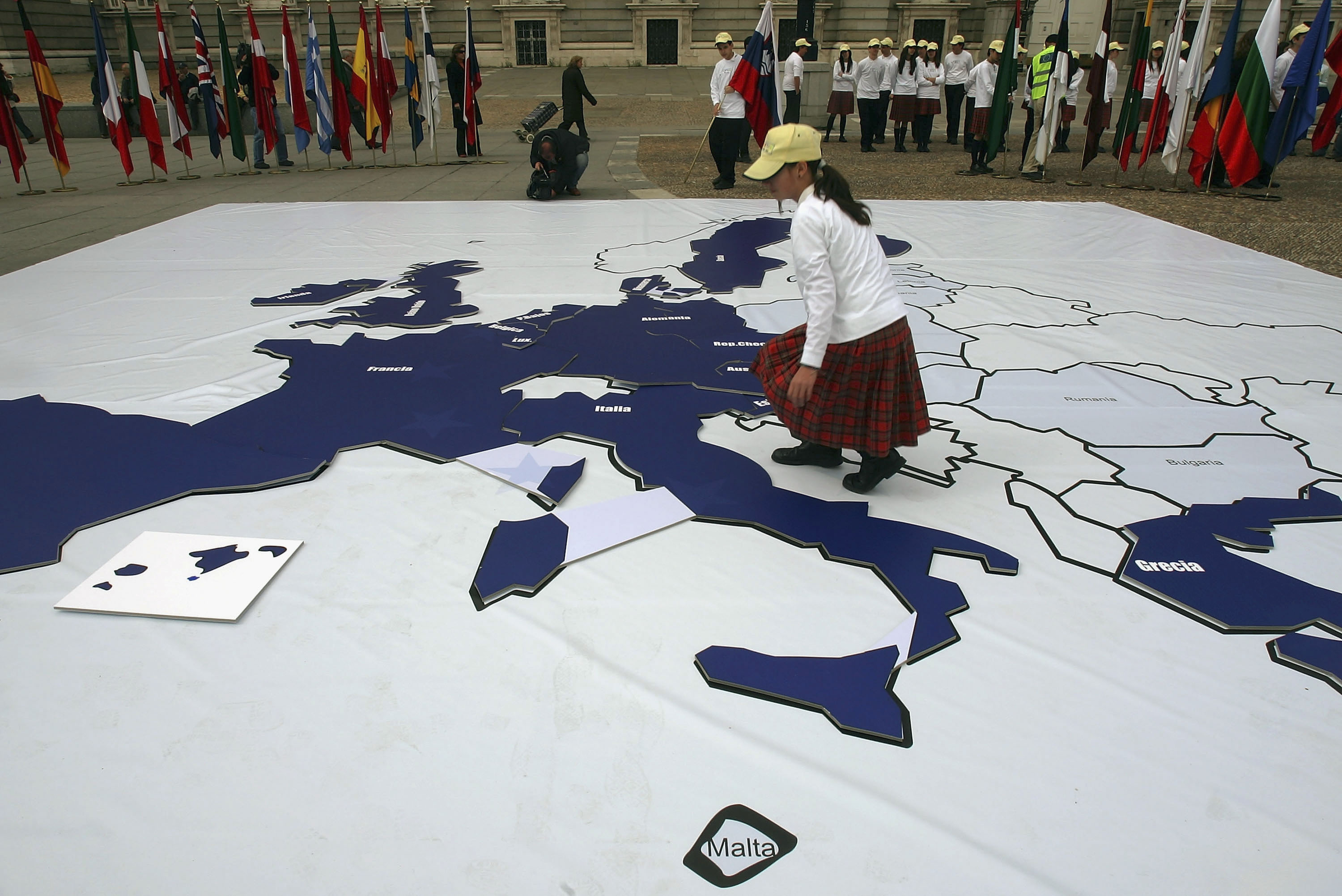Text: Žikica Milošević
During my last interview with Teofil Pančić, we stumbled across the issue of so-called “European values”, which is a term or platitude that has been used far too many times without true understanding. Our discussion of European values far exceeded the space for an interview, which made it a natural choice to write a special article about this topic. So here it is.

WESTERN EUROPEAN VALUES
European values are often used to describe the values forged in Western Europe, i.e. primarily in the countries that formed the European Coal and Steel Community in 1951: West Germany, France, Italy and the Benelux countries. These countries usually have a consistent system of values, and when the European Economic Community encompassed almost all of Europe’s capitalist countries in 1985 (the UK, Spain, Portugal, Greece and Ireland) there were some initial cracks between the cultures of North and South (which escalated in the recent German-Greek clash over the austerity measures championed by Wolfgang Schäuble. But at that time, before the collapse of European Socialism, European values were more or less clear: a social welfare state, moderate personal freedoms (more than in the Eastern Bloc), solidarity (as opposed to the extreme individualism of the U.S.), etc. There wasn’t even much fuss when Austria, Denmark and Finland joined in 1995, even during the turbulent ‘90s. However, things are not so clear now.
DO THEY APPLY TO ALL?
Now, of the 28 countries that comprise the European Union, 11 are from the former Eastern Bloc (Estonia, Latvia, Lithuania, Poland, Czechia, Slovakia, Hungary, Slovenia, Croatia, Romania, Bulgaria and, of course, the former East Germany, which was absorbed by the FRG in 1990). As we see in the current quarrel between Hungary and Poland, on one side, and the European Commission, on the other, the Western countries have now shifted towards social liberalism (same-sex marriages, immigration etc.) and economic liberalism (the deconstruction of the welfare state that was initiated by Margaret Thatcher and accelerated by Tony Blair’s “Third Way”). Continuing secularisation in the West opposes the rise of religious sentiment in the East, which was (at least formally) suppressed for decades. In 1990 the Eastern countries hoped to come back to the same values they had have left behind in 1945, but the West changed in the meantime and the East is not satisfied, justifiably or not.
NEW DEAL
Maybe it is the time for a new deal. The “European values” we mention every now and then are applicable to Western Europe, from whence they originated. They are hard to apply even in Poland and Hungary, let alone in countries that are not in the EU but which are hopeful of getting there (Serbia, Bosnia-Herzegovina, Montenegro, Albania, Macedonia, Ukraine, Georgia etc.), not to mention Turkey or Russia. We can clearly see the crack in the EU between the meaning of austerity (North-South) and the meaning of society in general (in the East), with new laws passed by courts in Poland and universities in Hungary, with the immigrant issue a subject of great division. European values have never been Western values after all. These should be values that can be easily applied to Iceland and Portugal, Russia and Turkey, Germany and Greece. They are the lowest common denominator for all countries involved in Europe – geographically and not by EU membership. Otherwise they are local values, not pan-European ones at all. You cannot “adopt European values”. I mean, you can, if you are in Asia or Africa, which would make these foreign values that you would like to adopt. If you are in Europe, these values should be inherent to your society and common psychology. These are, for example, the social welfare state or universal healthcare. These are European values. Low wages to entice investors cannot be European values, since they oppose the very essence of Europe. Conservative religious society cannot be a European value, nor can liberal atheism. They are peculiar to each country. And each country should be free to choose its local values, apart from the common European ones. It doesn’t matter if East joined West or West joined East; if we are all equal, each voice should be heard equally. Otherwise it is just another form of colonialism, and obviously Hungary and Poland are fed up of empires forcing them to accept “common values”: Habsburg values, Russian Empire values, Communist values. Values should not be imposed: they should already be here. And if they are not here, then there simply shouldn’t be attempts to refer to them as common values.